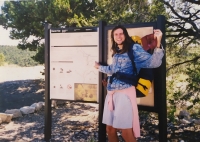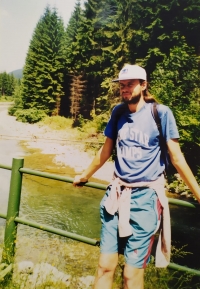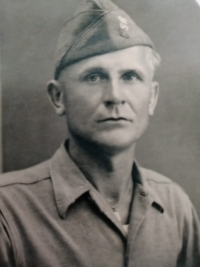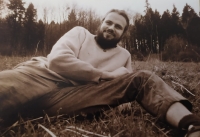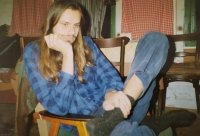I like freedom, I care that people can live their lives in the way they want, without hurting others.
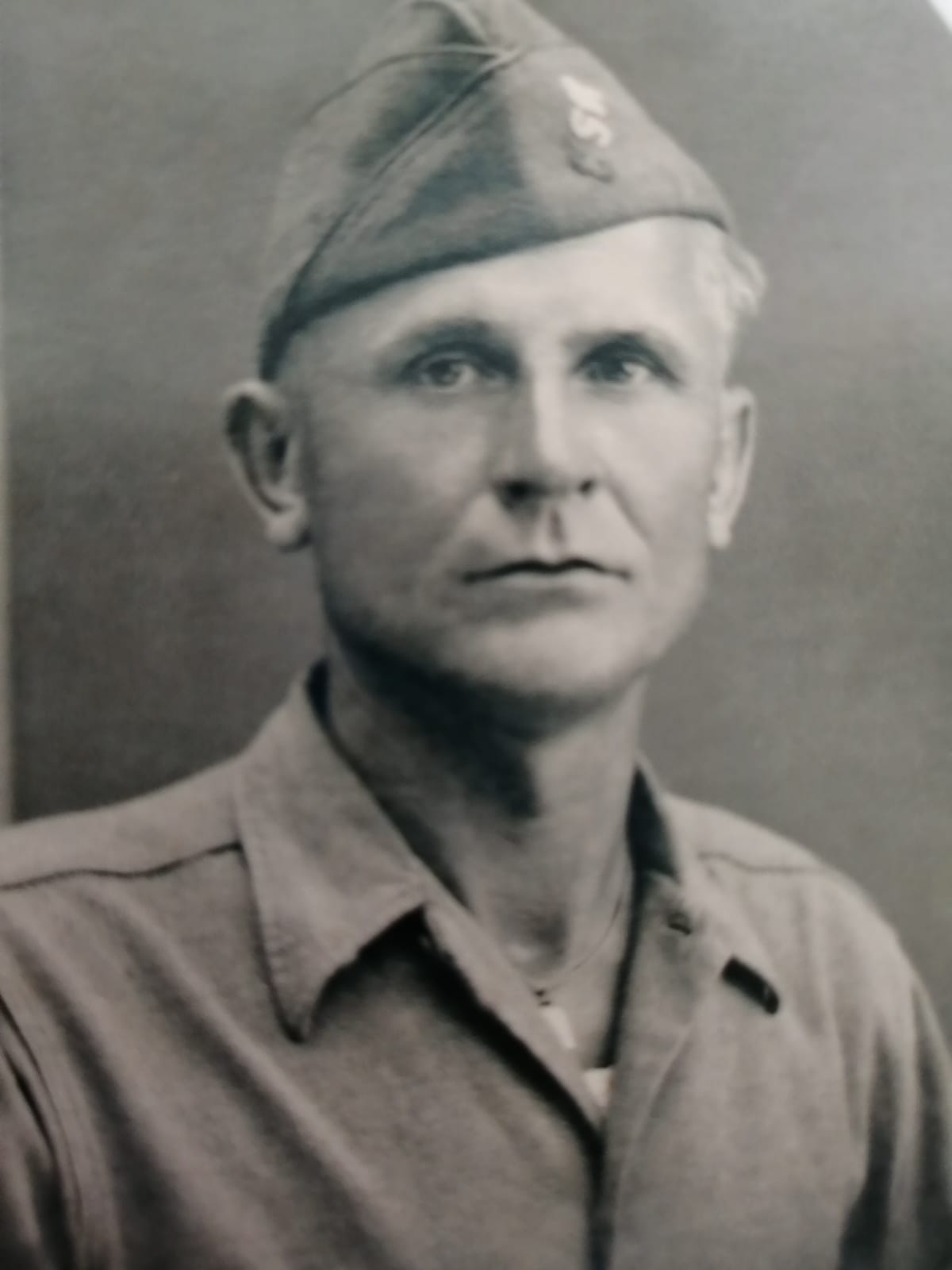
Download image
David Ručka was born in 1972. He grew up in the foothills of the Beskydy Mountains in the former village of Dobrá (Frýdek-Místek district). As a child, he refused to attend the Sparks, for which he was expelled. He took the pioneer vow himself as a member of the tourist club. At the time, he wore a pioneer scarf out of conviction, and he considered the western world as a real enemy. At the beginning of his studies in high school, his views began to change because of the Voice of America and Free Europe radio broadcasts. Even though the rebellion awoke in him, he still doubted the correctness of his new conviction. At the time of the Velvet Revolution, the witness was about 17 years old. He fully supported the changes that the revolution was supposed to bring, but he was always uncomfortable with publicly subscribing to his opinion, so he refused to sign the petition A few sentences and he also did not like to wear a tricolour. In the post-revolutionary years, the witness is rated as the best in his life, mainly because of his life at the university campus. He graduated from the Faculty of Education at the University of Ostrava, study program of History and Basics of Social Sciences for Secondary Schools. In 1996 as part of the Camp America the student program he met his Slovak wife. Three years later, he got a job as an English teacher at the Primary School in Ivanka pri Dunaji, where he married in 2000 and lives and works there with his two children to this day. An important part of his life is caring for the environment. This interest developed in him even when he lived in the Czech Republic. After moving to Slovakia, he became an official member of the forest protection association VLK. He describes himself as a green liberal who does not approve of any oppression of minorities for various reasons. On the other hand, he speaks of himself as a conservative person who cares most about the traditional family.

